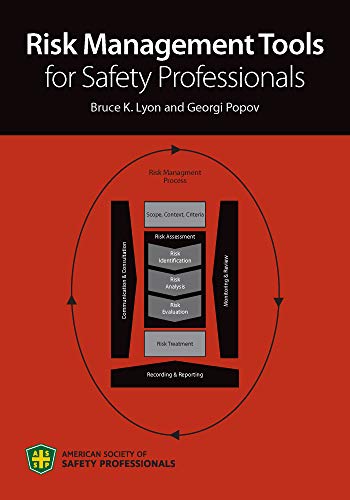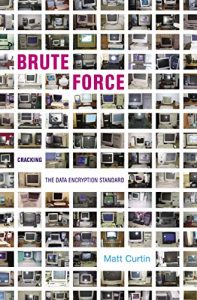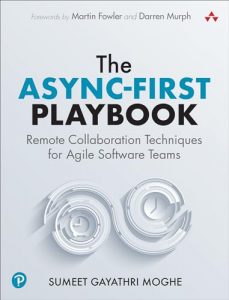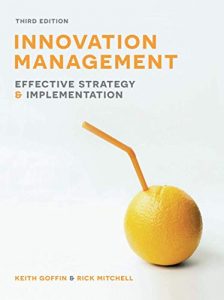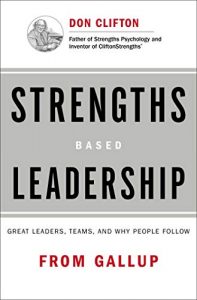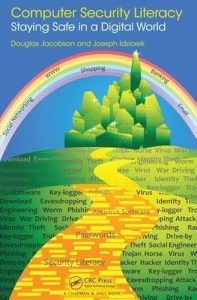1. Risk Management Tools for Safety Professionals
This essential guide by Bruce K. Lyon and Georgi Popov is a staple for any safety professional looking to enhance their risk management strategies. With a clear focus on the practical application of risk assessment tools, this book not only offers theoretical insights but also actionable steps that can be applied in real-world scenarios. The methods presented are designed to help safety professionals navigate complex workplace environments, ensuring that they are well-prepared for every eventuality. Investing in this book is a commitment to mastering the art of safety management which could very well save lives.

2. Network Models in Finance: Expanding the Tools for Portfolio and Risk Management
Authored by renowned experts Konstantinov and Fabozzi, this forward-thinking book delves into the intersection of finance and network analysis. By expanding on traditional portfolio management methodologies, the authors provide an enriched toolkit that embraces modern challenges in risk management. This book is particularly beneficial for finance professionals who seek to innovate their practices and remain competitive in an ever-evolving market. Whether you’re looking to enhance existing skills or explore new frameworks, the insights within these pages will empower you to significantly elevate your risk management capabilities.

3. Quantitative Risk Management: Concepts, Techniques and Tools – Revised Edition
This revised edition by McNeil, Frey, and Embrechts is a comprehensive resource that covers the fundamentals of quantitative risk management. It’s an indispensable text for those in the finance and risk management sectors, offering both theoretical frameworks and practical applications. The authors tackle complex topics such as market risk, credit risk, and operational risk with clarity and depth, making it accessible to both seasoned professionals and newcomers alike. Its analytical approach equips readers with the tools necessary to not only understand but also effectively apply quantitative methodologies to mitigate risk.

4. The New Trading for a Living
In The New Trading for a Living, author Alexander Elder combines psychology, discipline, and practical trading techniques to form a holistic approach to trading. This book is particularly pivotal for both aspiring and experienced traders looking to refine their strategies and risk management practices. Elder’s engaging writing style, complemented by his expertise in trading psychology, ensures that readers understand their own emotional tendencies—an often overlooked area crucial to successful trading. This book is a powerful tool for mastering the psychological aspects of trading while implementing robust risk control techniques.

5. Strategic Risk Management: New Tools for Competitive Advantage in an Uncertain Age
This book by Paul C. Godfrey and his co-authors sheds light on the strategic role risk management plays in today’s uncertain business landscape. Readers are guided through innovative strategies that not only address risk but also harness it for competitive advantage. The insights offered here are particularly useful for business leaders and decision-makers, providing them with frameworks to translate potential risks into opportunities for growth and resilience. With its forward-looking perspective, this book is a crucial guide for anyone aiming to thrive amidst uncertainty in their industry.

6. Simple Tools and Techniques for Enterprise Risk Management
Robert J. Chapman’s comprehensive approach to enterprise risk management simplifies complex concepts into easily digestible tools and techniques. This book serves as an excellent resource for organizations aiming to implement effective risk management practices without getting overwhelmed by technical jargon. Each technique is presented with clarity, making it ideal for practitioners at all levels. With a focus on practical application, this work emphasizes the importance of developing a risk-aware culture within organizations, making it essential reading for risk managers and business leaders alike.

7. Identifying and Managing Project Risk 4th Edition
Tom Kendrick’s Identifying and Managing Project Risk is quintessential for project managers who want to ensure success without pitfalls. This fourth edition brings forward essential tools for failure-proofing projects, making it indispensable in the project management field. Kendrick offers practical advice that can be applied at all project stages, ensuring that potential risks are identified and mitigated before they become problems. The easy-to-follow format and real-world examples enhance the reader’s understanding, making it a must-have for anyone tasked with managing projects.

8. Fundamentals of Operational Risk Management
Simon Ashby’s insightful book covers the foundation and implementation of operational risk management frameworks in organizations. With a keen focus on effective tools and policies, this resource is perfect for risk officers and business managers seeking to understand and address operational risks in their processes. The combination of theoretical foundation and practical implementation strategies ensures that readers can apply concepts in their own environments. This book stands as a crucial reference for compliance and risk management professionals looking to strengthen their operational resiliency.

9. Supply Chain Risk Management: Tools for Analysis
David Olson’s book provides critical insights into the tools necessary for analyzing and managing supply chain risks. In today’s global market, understanding the vulnerabilities within supply chains is more important than ever. Olson equips readers with analytical tools that can help in making informed decisions amid uncertainties, ultimately leading to more resilient operations. This book is ideal for supply chain professionals who are looking to deepen their understanding of risk factors and cultivate a proactive risk management culture within their organizations.

10. Identifying and Managing Project Risk
This earlier edition of Tom Kendrick’s book highlights essential tools for project management success, stripping away complexity to focus on actionable insights. The author discusses vital risk management strategies that can help project managers steer their projects clear of common hazards. Whether you are new to project management or have years of experience, this book serves as a refresher on fundamental concepts while also introducing practical tools that can be implemented immediately.


